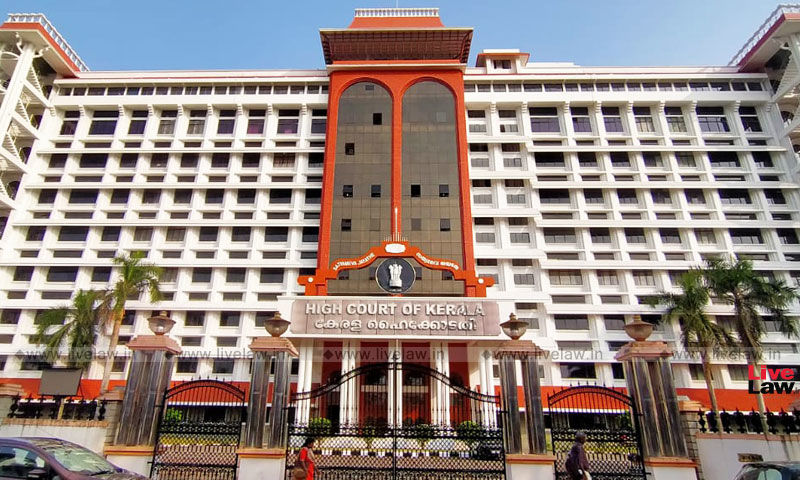A Division Bench of the Kerala High Court will examine whether a marriage under the Special Marriage Act (SMA) can be solemnised online through video conferencing. Justice P B Suresh Kumar on Wednesday referred the matter to a larger Bench for further consideration. In the previous hearing, the Court had heard arguments on the issue, and had reserved order in the matter. While referring a...

